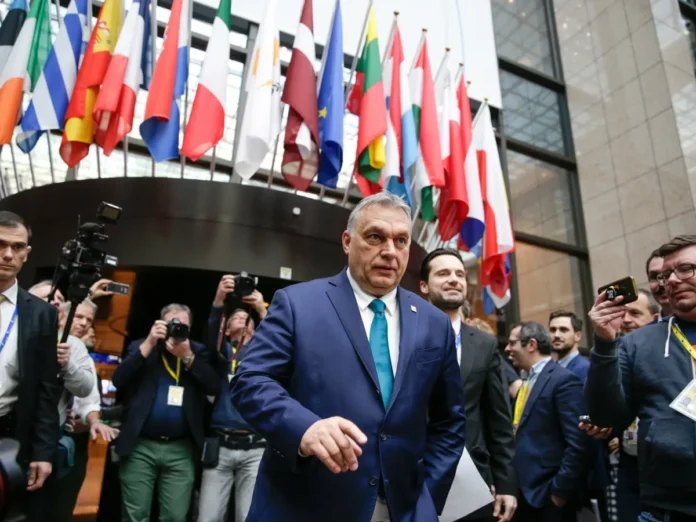Authors: Alexander Cooley, Daniel Nexon
Affiliation: Columbia University, Georgetown University
Organization/Publisher: Foreign Policy
Date/Place: April 28, 2020/USA
Type of Literature: Article
Word Count: 2021
Link:https://foreignpolicy.com/2020/04/25/populists-multipolar-world-russia-china/
Keywords: Multipolar world, national sovereignty, Liberal order, Populism
Brief:
The failure of the US to deal with the Covid-19 crisis and the expressed disappointment in the EU by Serbian and Italian politicians showcases a growth of populist backlash against the liberal order that is marked by the decline of US hegemony. This advocacy of multipolarity is a preference of national sovereignty over liberal rights, a vision that became ingrained in populist playbooks. Populist rhetoric refuses globalism in favor of nationalism; they see globalism as a threat to society, thus going against immigration and nongovernmental organizations. In addition, populists try avoiding pressure of accountability from liberal institutions to implement desired policies. The vision of a multipolar world is to escape that pressure, and instead favor foreign relations of multiple powers (as opposed to one superpower) that are unbound by liberal principles and its conditionalities. China has been a supported substitute, emboldened by the Covid-19 crisis and seen to provide international clubs and private goods that were previously monopolized by liberal countries. Advocacy of this vision is for the widening of international networks for the sake of national interests and pragmatism; this is supported by the populist idea that partnership with the US and its allies is more constraining than dealing with Russia and China. Multipolarity protects populists from external criticisms of their domestic policies; Covid-19 boosts the narrative of the fortress-nation away from globalist liberal influence. Yet if states like Hungary and the Philippines choose new patrons, these patrons will be no less demanding than the US and its allies.
By: Omar Fili, CIGA Research Intern




